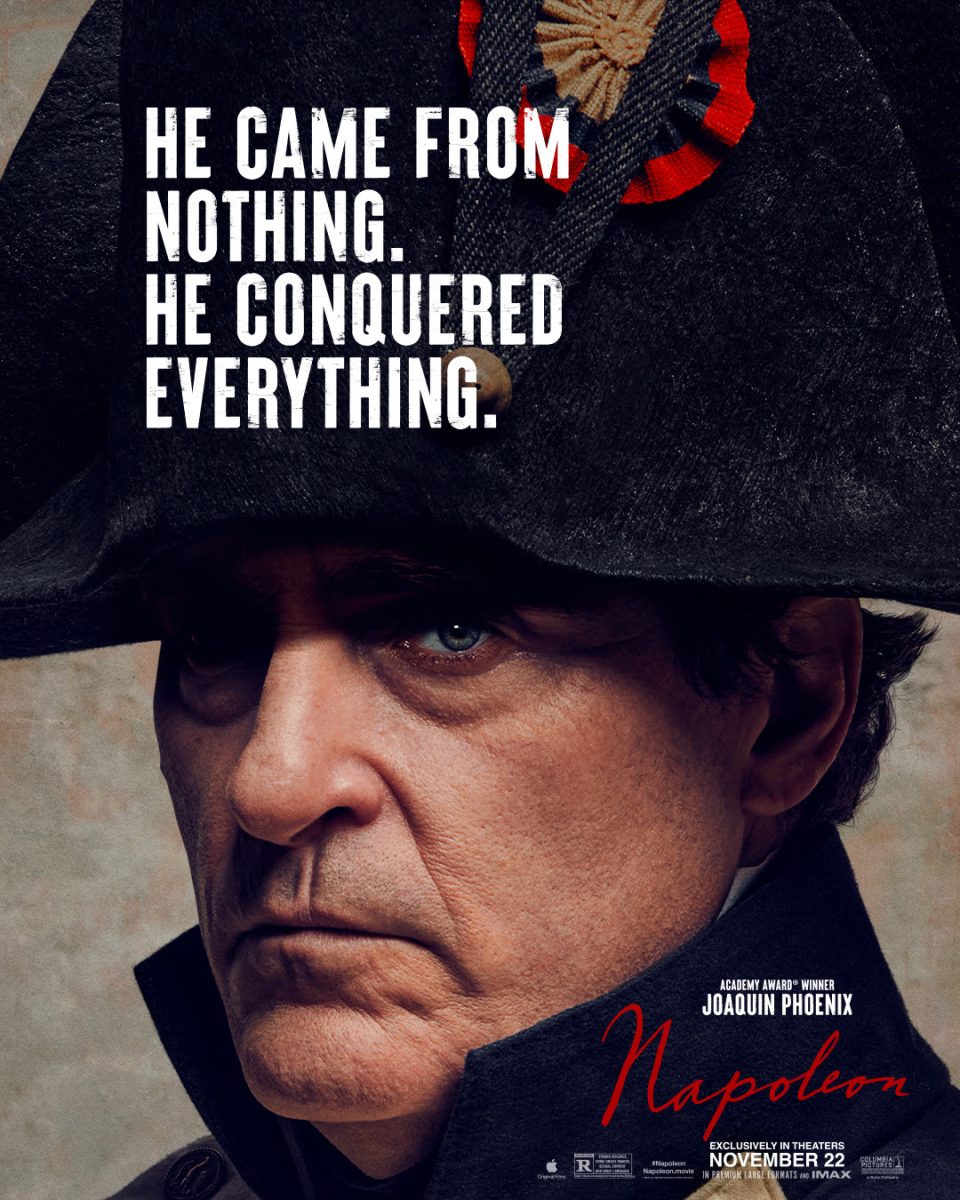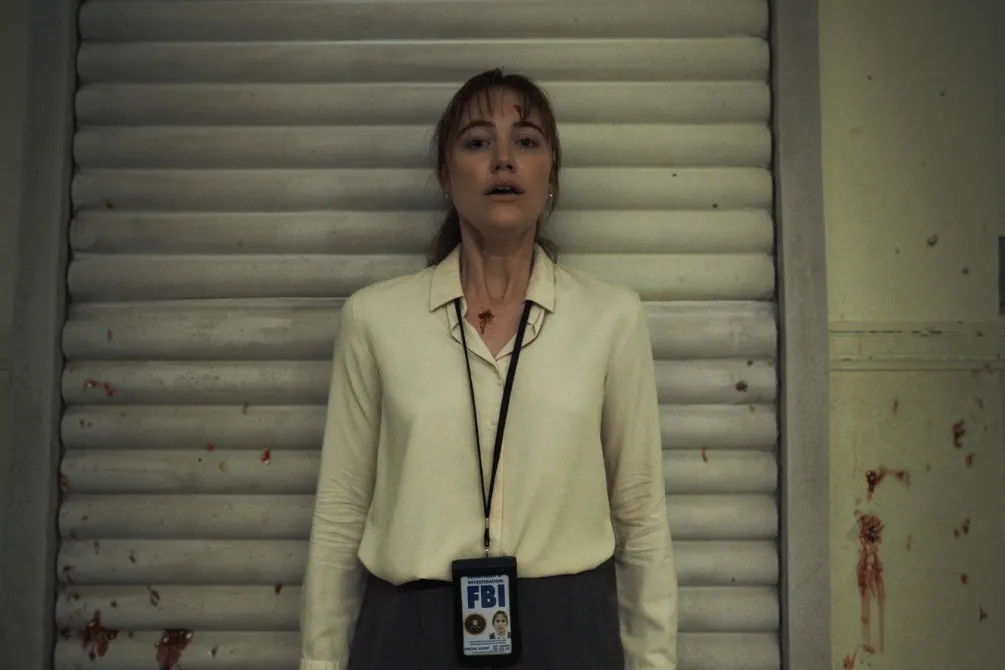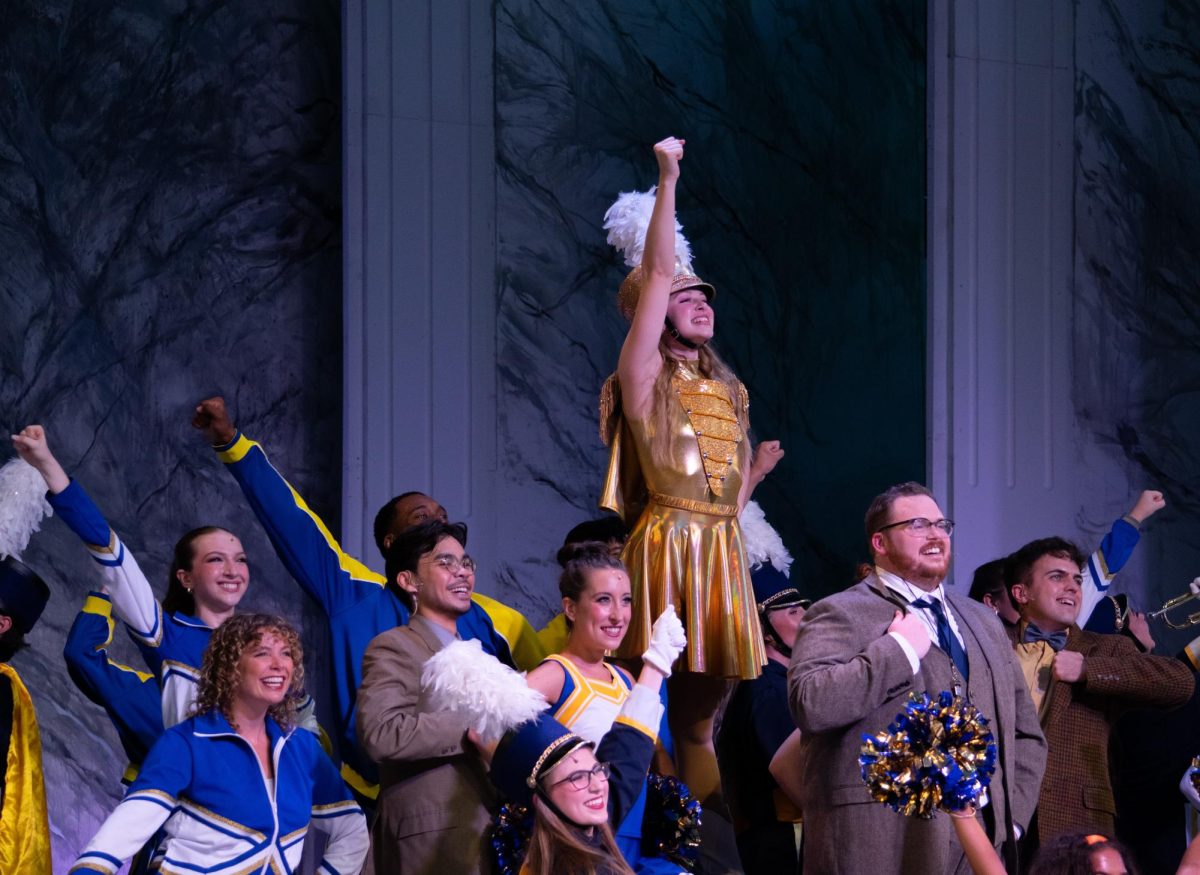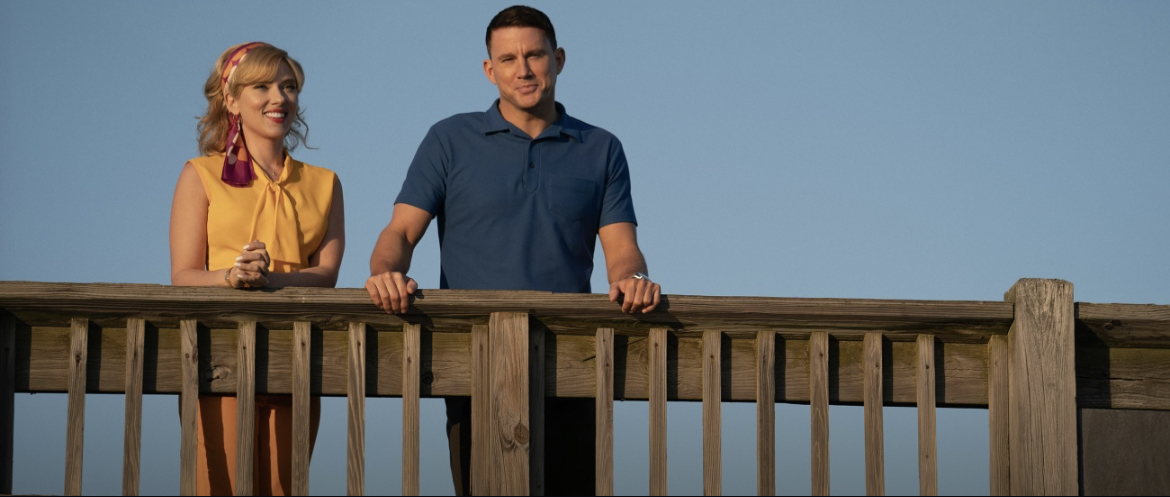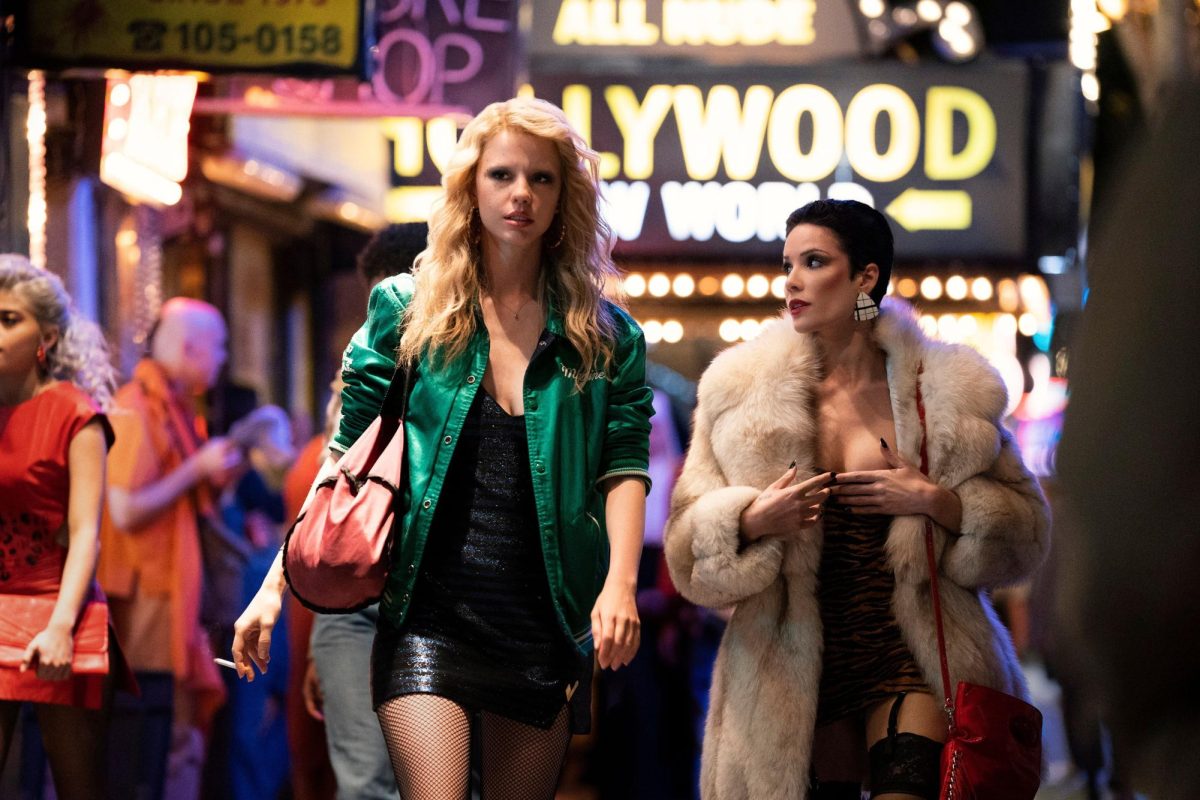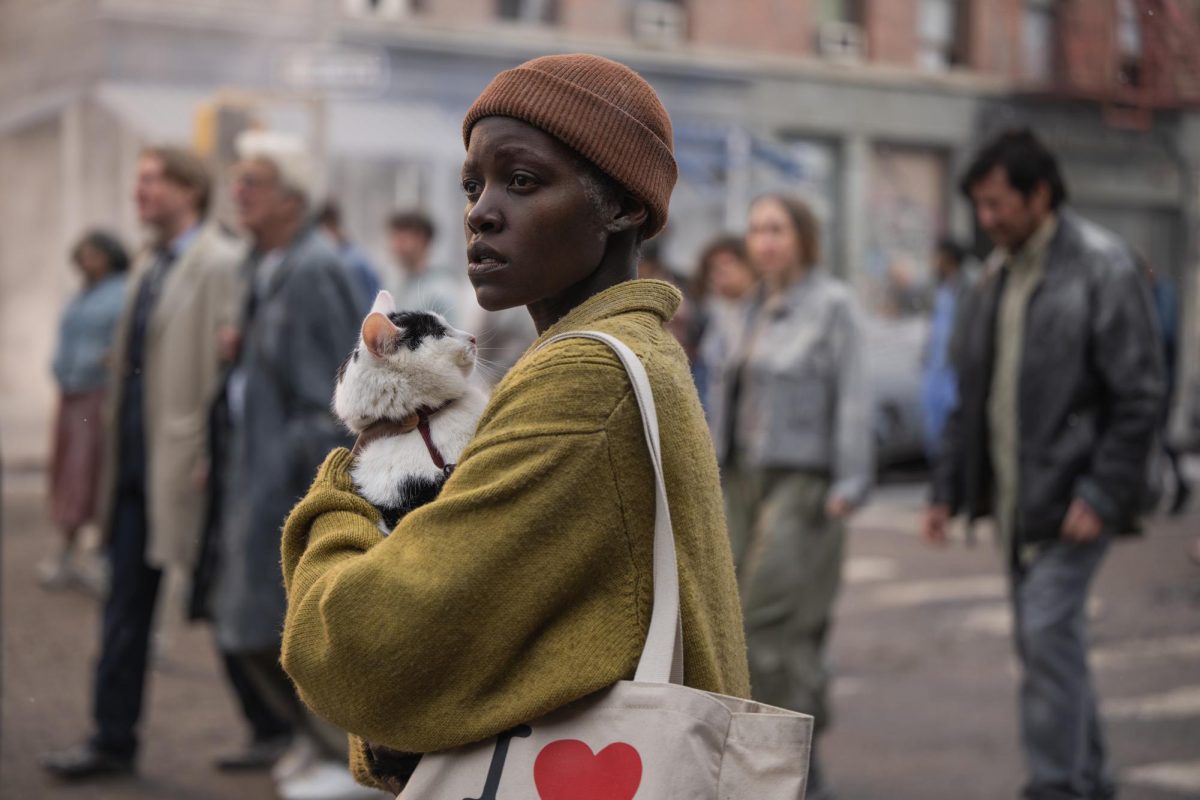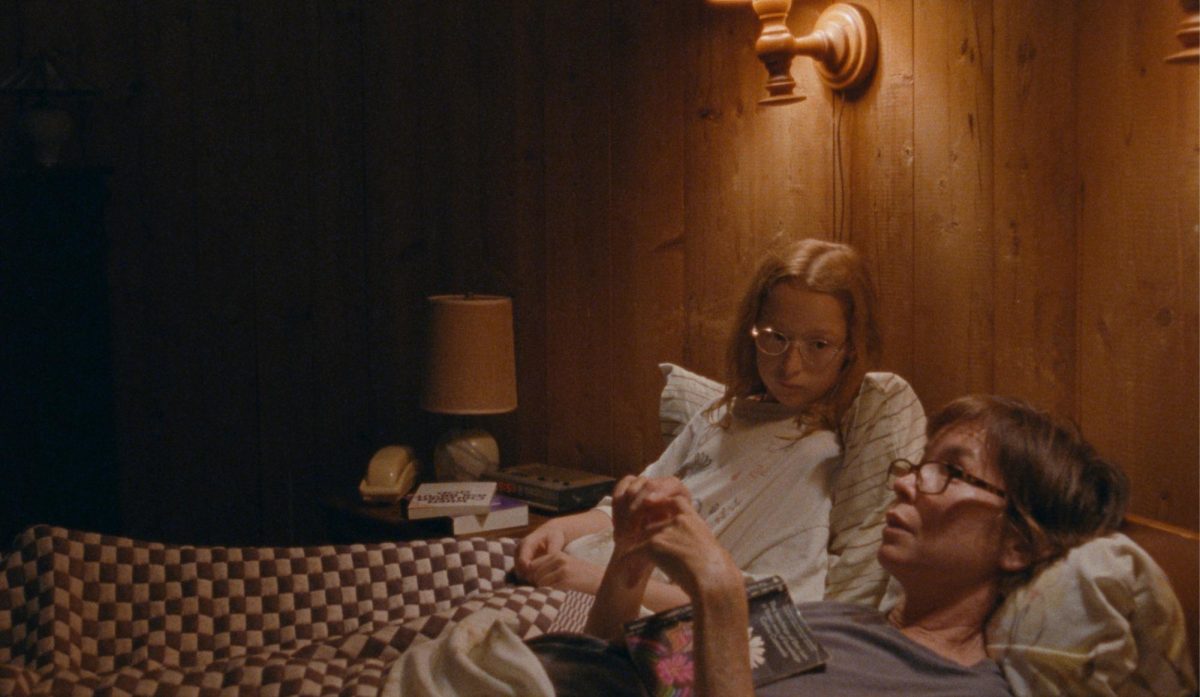Content warning: this review features mentions of intimate partner violence.
Ridley Scott’s “Napoleon,” about the life of Napoleon Bonaparte (Joaquin Phoenix), marks a triumphant return for sprawling, ambitious historical epics. The film stuffs more than two decades of turbulent history into its relatively short two-hour and thirty-eight-minute runtime. This results in a tight, visually stunning biopic about one man’s quest for victory at all costs.
The film follows the military career and personal life of Napoleon Bonaparte in chronological order. It starts during the height of the French Revolution, with the execution of Marie Antoinette. This opening scene clearly conveys a highly stylized and violent depiction of history, as Scott does not shy away from showing the horrors of the guillotine.
The film depicts six battles from throughout Napoleon’s career, most of which appear extremely visceral, but often historically inaccurate, with Scott’s directorial lens and the cinematography taking influence from World War II combat films like “Saving Private Ryan.” The representation of the Battle of Austerlitz, in particular, compares very poorly with its real-life counterpart, as it shows only a few of the strategies Napoleon used to defeat the opposing Austrian and Russian armies and fails to capture the battle’s scale. However, Scott’s steady hand and solid editing by Claire Simpson and Sam Restivo ensure that the action remains entertaining and easy to follow.
In an attempt to condense decades of history into almost three hours, the filmmakers also skip some notable events that would have provided more insight into Napoleon’s personality. For example, the film makes no mention of the Napoleonic Code, Napoleon’s overhaul of French law that was the basis for many countries’ legal systems. It ignores the Spanish and Italian campaigns entirely, and most confusingly, forgets to depict the last stand of Napoleon’s imperial guard at the Battle of Waterloo.
While the film misses some important historical details, it features a great portrayal of Napoleon’s complicated and destructive relationship with his first wife, Empress Josephine (Vanessa Kirby). Kirby presents amazing writing with David Scarpa’s script, helping humanize Napoleon but also highlighting how power dynamics influenced even the emperor’s most intimate relationship. The scenes of Napoleon abusing Josephine make for a very difficult viewing experience, with Kirby’s subtle, complex performance contrasting perfectly with Phoenix’s arrogant and ambitious portrayal of the emperor. In fact, the film features several instances of graphic abuse, and viewers should prepare themselves before watching.
This film’s release also represents an interesting moment in Ridley Scott’s career. “Napoleon” marks the first time he revisited the Napoleonic era since his debut film, “The Duellists.” Overall, despite its flaws, the film proves a triumph for Scott and the historical epics genre, and those interested in Napoleon and his historical period should watch it. The movie, rich in entertainment value and thought-provoking drama, presents a great alternative to the more conventional blockbusters of today.
4 yum yum yums out of 5



